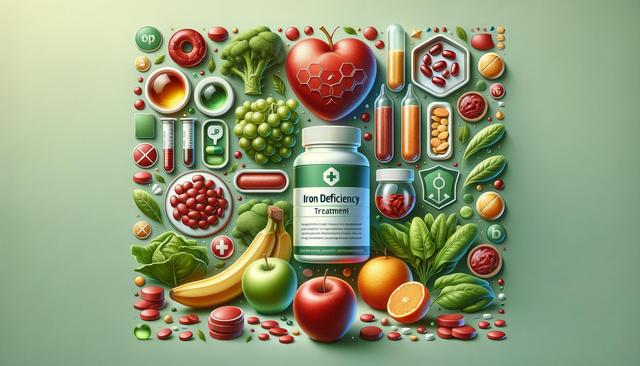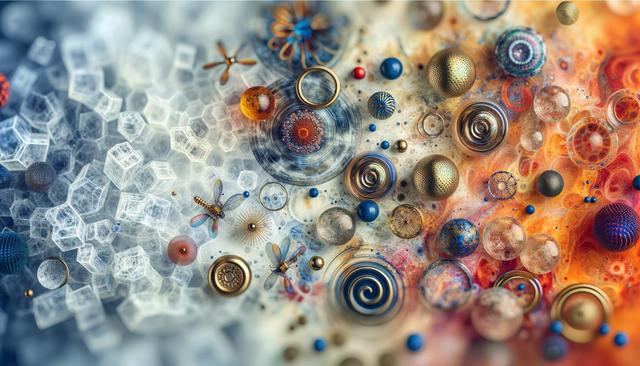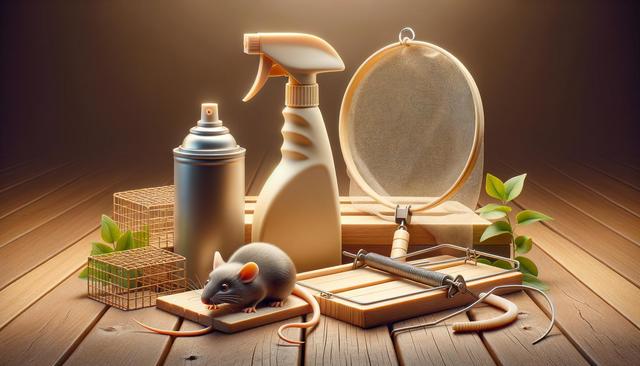Understanding Iron Deficiency and Dietary Needs
Iron deficiency is a common nutritional issue that can lead to fatigue, weakened immunity, and in more severe cases, anemia. While supplements are often prescribed, many individuals prefer to manage their iron levels naturally through diet. Knowing what to eat for low iron without supplements can empower you to make informed choices that support your health. Dietary iron comes in two forms: heme and non-heme iron. Heme iron, found in animal products, is more easily absorbed by the body. Non-heme iron, present in plant-based sources, requires more careful pairing with other foods to enhance absorption. Integrating a variety of iron-rich foods for anemia into your meals can be a powerful way to meet your daily needs without relying on pills or powders.
Iron-Rich Foods to Include in Your Daily Meals
Choosing the right ingredients is essential when addressing iron deficiency through food. Here are some of the best foods for iron deficiency that can be seamlessly added to your meals:
- Red meat, poultry, and fish (heme iron sources)
- Lentils, chickpeas, and beans (excellent plant-based sources of iron)
- Dark leafy greens like spinach, kale, and Swiss chard
- Tofu and tempeh for those following a plant-based diet
- Fortified cereals and grains
Including a mix of these items in your regular diet not only supports iron levels but also contributes to overall nutritional balance. For those seeking natural remedies for iron deficiency, focusing on whole foods and minimizing processed products can make a notable difference in nutrient absorption and overall wellness.
Foods That Increase Iron Absorption
Eating iron-rich foods is only half the equation. To maximize the benefits, it’s important to include foods that increase iron absorption. Vitamin C-rich foods can significantly enhance the absorption of non-heme iron. Here are a few effective pairings:
- Spinach salad with orange slices or strawberries
- Lentil soup with a squeeze of fresh lemon juice
- Iron-fortified cereal with a glass of orange juice
- Stir-fried tofu with bell peppers and broccoli
It’s also beneficial to avoid certain foods and drinks around mealtime that can hinder iron absorption—like coffee, tea, and calcium-rich dairy products. Timing these thoughtfully can help you get the most from your meals.
Plant-Based Sources of Iron for Vegetarians and Vegans
If you follow a vegetarian or vegan diet, you can still maintain healthy iron levels with mindful planning. Plant-based sources of iron include legumes, nuts, seeds, and whole grains. Combining these with foods that increase iron absorption enhances their effectiveness. Some reliable plant-based options are:
- Pumpkin seeds and sunflower seeds
- Quinoa and fortified oatmeal
- Blackstrap molasses used as a natural sweetener
- Cooked lentils and black beans
These foods not only support iron intake but are also rich in fiber, protein, and other essential nutrients. For those wondering what to eat for low iron without supplements, these plant-based choices offer a practical and nutritious path forward.
Iron-Rich Snacks and Meal Planning Tips
Supporting iron levels doesn’t have to be limited to main meals. Including iron-rich snacks throughout the day can help maintain steady nutrient levels. Try options like:
- Roasted chickpeas seasoned with herbs
- Trail mix with dried apricots, almonds, and pumpkin seeds
- Whole grain toast with hummus or nut butter
- Edamame with a sprinkle of sea salt
Planning your meals in advance can also help ensure that you are consistently meeting your dietary iron needs. Preparing balanced meals that include both iron-rich foods for anemia and foods that increase iron absorption is a sustainable and effective strategy. Rotating ingredients and trying new recipes can keep your diet varied and enjoyable while supporting your health goals.
Conclusion: Managing Iron Deficiency Naturally
Addressing iron deficiency through food is a practical and health-conscious approach, especially for those who prefer to avoid supplements. By focusing on natural remedies for iron deficiency and incorporating a range of iron-rich foods for anemia, you can support your body’s needs in a balanced and sustainable way. Whether you follow a plant-based lifestyle or eat a variety of food groups, understanding what to eat for low iron without supplements empowers you to take control of your well-being—one meal at a time.




Leave a Reply